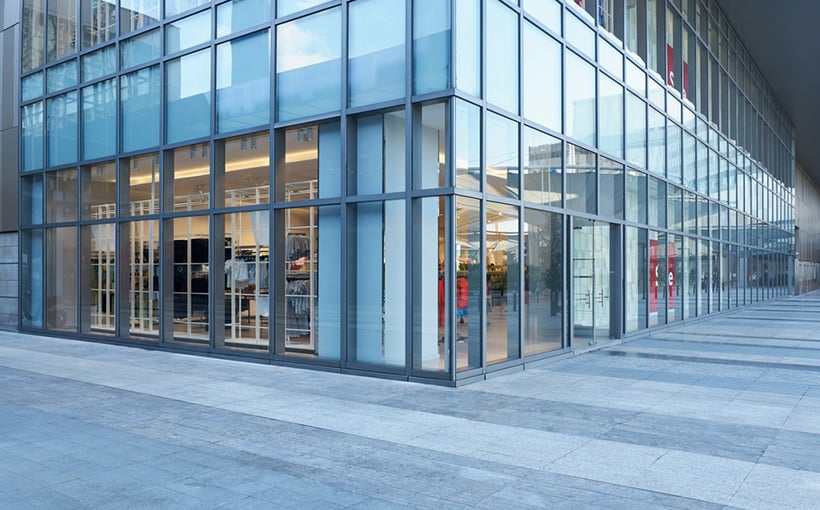The office sector is facing challenges with maturing debt and the ongoing debate between returning to the physical office or continuing remote work, which impacts vacancy rates. Many have suggested converting office space into residential units as a solution, but Colliers’ report “The Interdependency of Office and Retail: How Landlords and Retailers are Teaming Up” proposes that retail could also play a role in saving the struggling sector.
One major issue for offices is decreased foot traffic due to remote work, leading to empty storefronts and vacant retail spaces. However, there is potential for collaboration between landlords and retailers as landlords are willing to invest in local businesses to sustain their properties. These arrangements can serve as placeholders until foot traffic returns while also providing small businesses with tenant-mix diversification.
While converting offices into residential units has its challenges, some buildings have successfully made this transition. However, these conversions may lack necessary amenities for residents. The report suggests offering ground-floor space in converted buildings to retailers such as food outlets or community services like fitness centers or medical facilities.
To further support these conversions, city councils should consider rezoning urban districts for mixed-use developments including both residential and retail spaces. This alignment of interests across private sectors can help create cohesive urban environments that encourage long-term growth through partnerships with local retailers.




